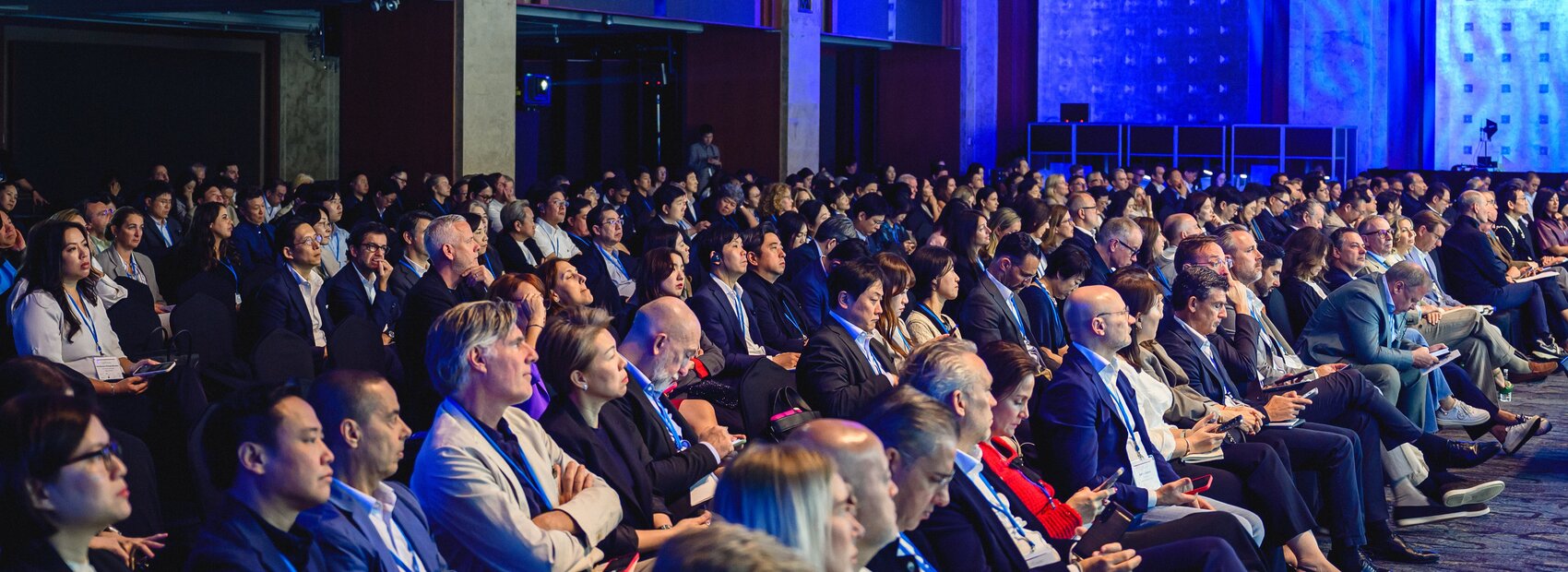Despite its small base — India only accounts for around 2% of global luxury sales — Barclays estimates the market will quickly grow at an annual rate of 15 to 25% for the next seven years to reach between €23bn and €38bn, driven by a rising middle class. Due to the country’s solid manufacturing and service sector growth, India’s gross domestic product is expected to expand by 7.5% in 2024, according to the World Bank. However, various challenges still exist, such as income disparity, limited retail space, and a relatively lower appetite for luxury goods.
According to Barclays, Mumbai, New Delhi and Bengaluru are home to around half of India’s affluent population and boast 90% of the country’s luxury retail infrastructure. New Delhi, India’s capital, is where the country’s old money lives and is home to Louis Vuitton‘s first store in the nation, which opened in 2003. Mumbai is home to Jio World Plaza, India’s largest luxury shopping mall. Officially opened in November, the mall spans 70.000m2 and is already home to key brands like Louis Vuitton, Dior, Gucci and Cartier. The tech and IT hub of Bengaluru, in the south of India, is quickly becoming a rising luxury hub. Its most prominent retail project is called Mall of Asia, which opened in October. French department store Galeries Lafayette plans to work with developer Aditya Birla to open in Mumbai and New Delhi later this and next year. In December, Christian Louboutin also forged a joint venture with Aditya Birla to enter the market.
In the hard luxury category, luxury watches will continue to enjoy outstanding performance, which has become a value-retaining status symbol for the newly minted techmnaires. According to data from Ethos, a leading Indian watch retailer, the premium and luxury watch segment is growing at a 12.5% annual rate and is expected to reach €1.4bn by 2025. The fine jewelry segment will remain dominated by local players, with more than 50% of the market focused on traditional jewelry purchased for wedding occasions. However, Barclays believes that branded jewelry still has a chance. Based on feedback from mall operators, Barclays said Gucci is a brand name with high growth momentum in the Indian market.
As for beauty, the premium category is expected to grow faster than mass on the back of the increased spending power of the middle class. In late 2023, Sephora forged a partnership with Reliance to run its 26 doors and further expand in India.
Major local beauty retailers, such as Nykaa and Shoppers Stop, as well as Tira and Tata Clique, are expected to quickly increase their combined specialty retail footprint to over 500 stores over the next two to three years, compared to around 100 today, according to Barclays.

